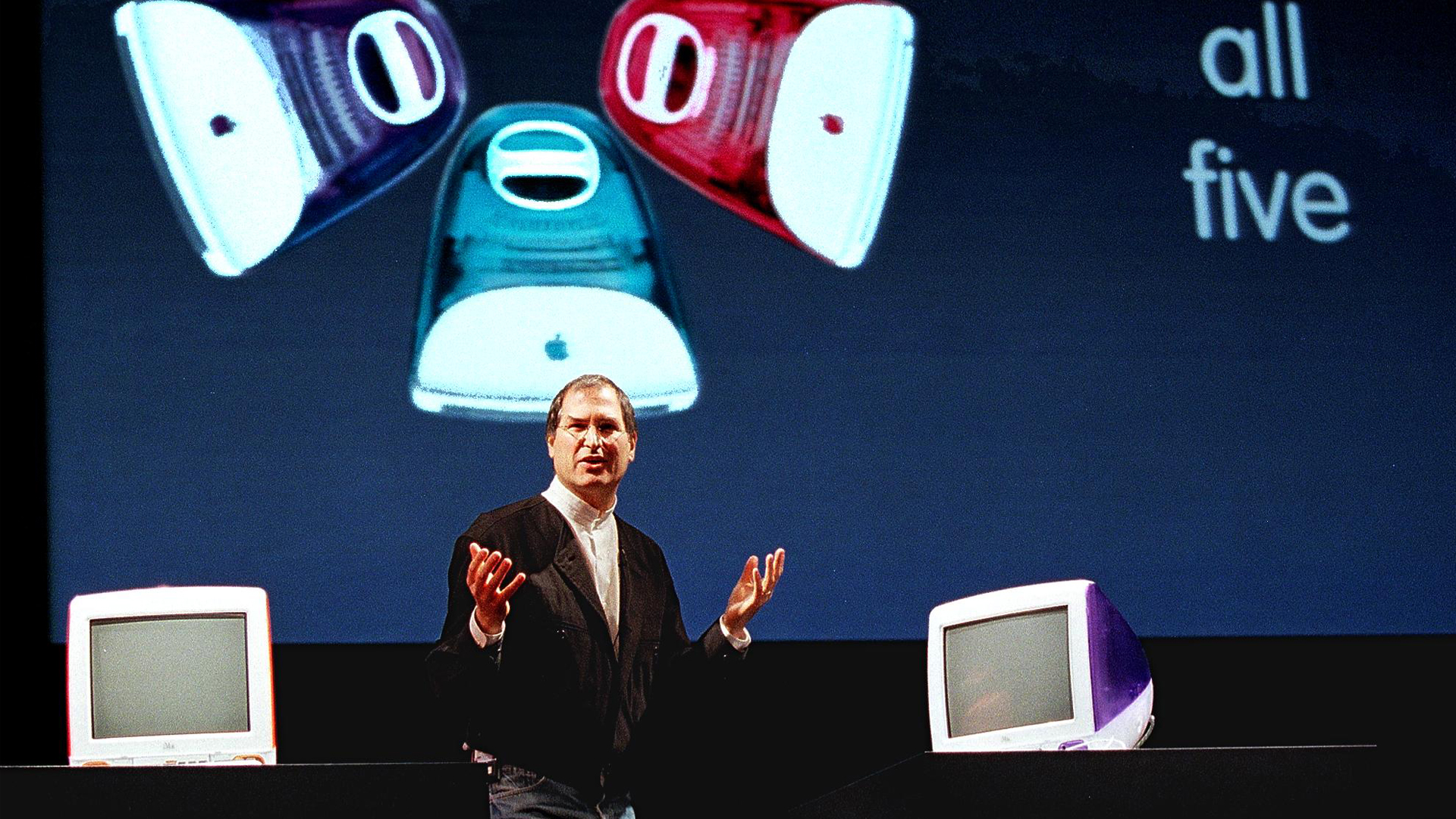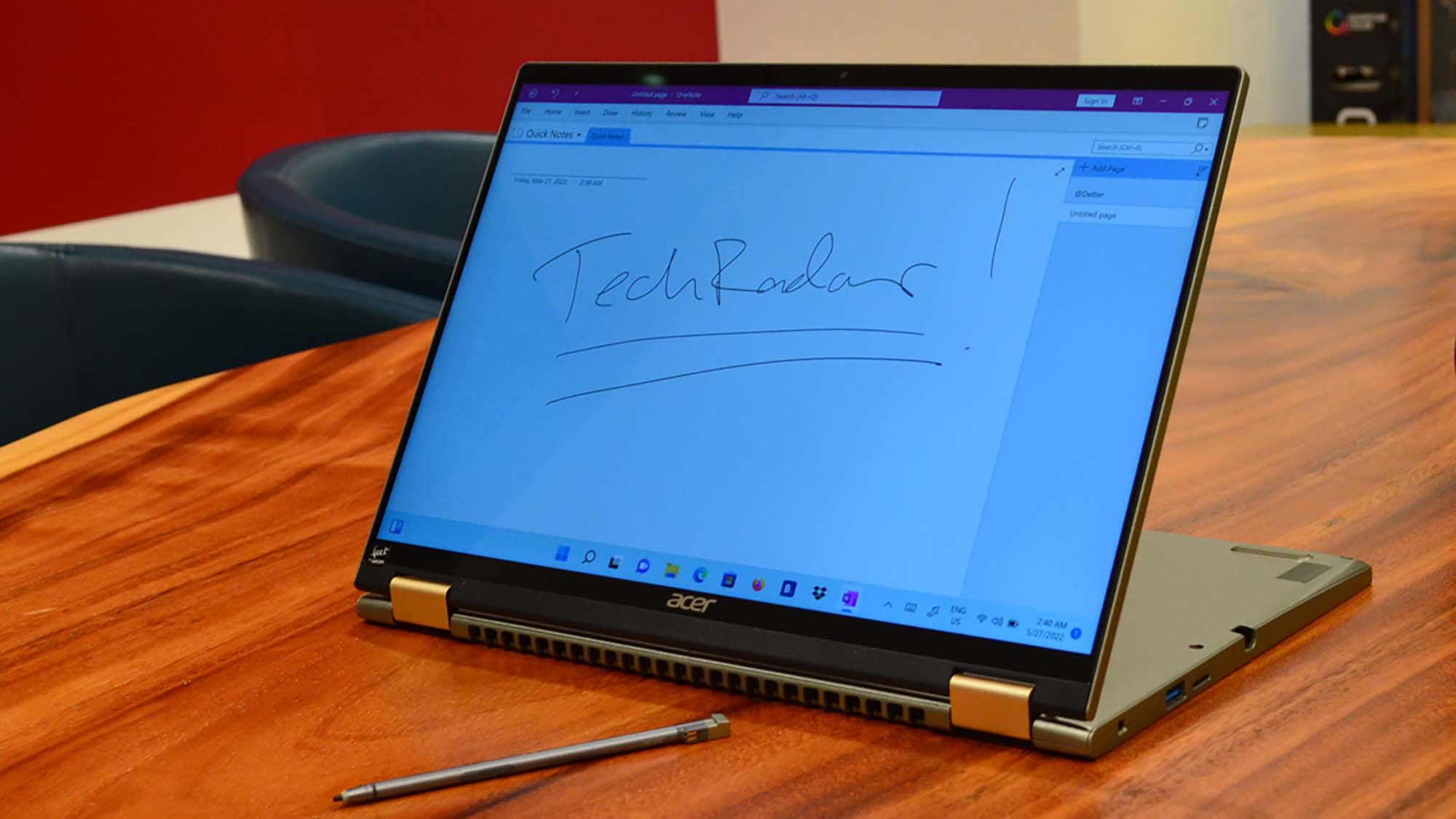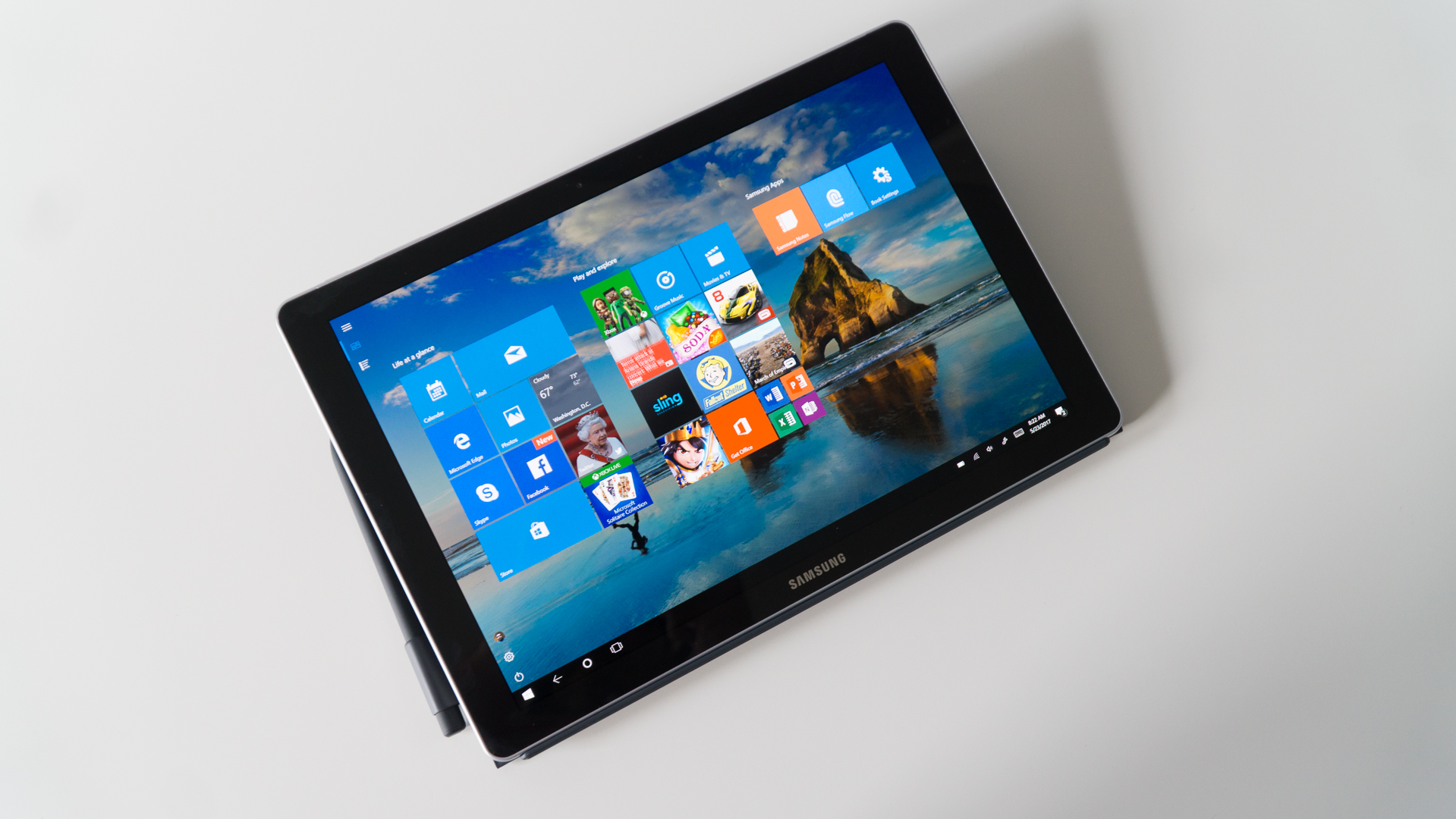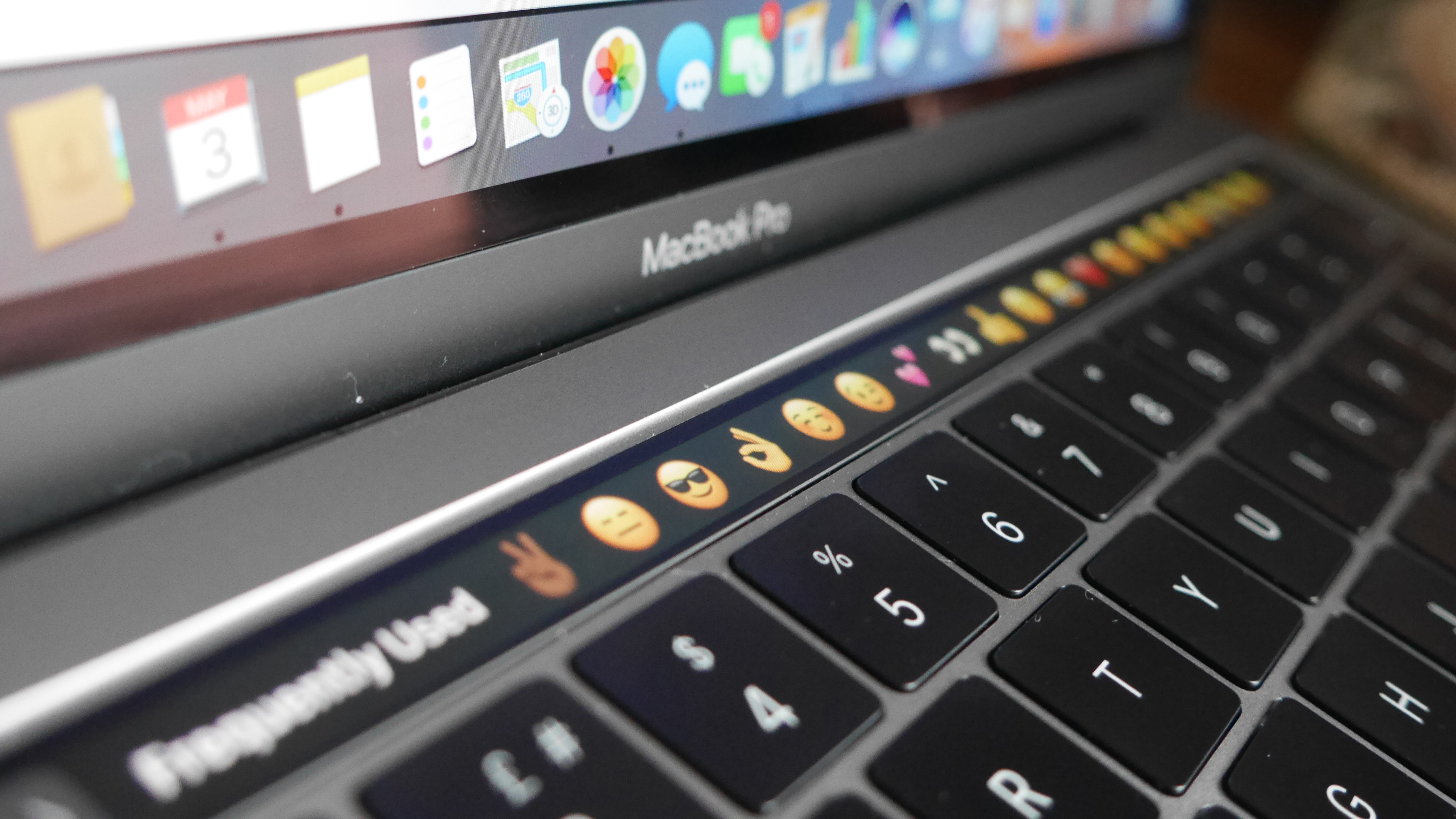Steve Jobs may have hated the idea of a touchscreen MacBook, but it looks like Apple may finally be warming to the idea, and if true, I think this is a great move.
A new report from Bloomberg suggests that Apple engineers are working on a project to finally bring touchscreens to Macs – possibly to a MacBook Pro sporting a new OLED display in either 2024 and 2025.
Now, before I (or you) get too excited, this is all rumor at this point, and no release date is even mentioned in the report, suggesting that even if Apple is working on touchscreen MacBooks, it may still not have made its mind up on them ever seeing the light of day. The whole project could be scrapped if Apple thinks it won’t work (as it did in the past).
Now, there will be people out there who agree with Steve Jobs' earlier dismissal of touchscreen laptops, even after all this time. After all, who knew MacBooks better than Jobs, once-CEO of Apple?
While I won’t suggest I do, I do think he was wrong about this, and adding touchscreens would be great for the next generation of MacBooks.

Do I really disagree with Steve Jobs over MacBooks?
Back in 2010, Steve Jobs called touchscreen laptops an “ergonomically terrible” idea, because “Touch surfaces don’t want to be vertical.”
The first thing to point out is that this was now 13 years ago. Back then, touchscreen laptops were in their infancy, offering far less responsive touch experiences, along with operating systems and applications that just weren’t designed for touchscreens.
In 2023, things are very different. Almost every major laptop maker (apart from Apple) sells touchscreen laptops, including Dell, HP and even Microsoft. Many touchscreen laptops are stylish and premium devices, with thin and light designs and screens that show you no longer have to sacrifice image quality if you go for a touchscreen.

Operating systems have also evolved to better support touchscreens. While the less said about Microsoft’s earlier attempts to make a touchscreen-friendly operating system (cough Windows 8 cough) the better, Windows 10 and Windows 11 have elements of their user interface that is designed for touchscreens, including a tablet-mode.
There are also a number of Chromebooks that come with touchscreens, and again, Chrome OS has design elements that make using it with a touchscreen easy and comfortable. Chromebooks also prove that touchscreens are no longer confined to expensive devices.
However, the main issue I had with Jobs’ idea of touchscreen laptops – at least when he was quoted in 2010 – is how he envisioned touchscreen laptops being used. With the mention of verticality, he obviously had traditional laptops in mind.
However, there’s now a huge range of 2-in-1 laptops which allow you to flip the screen back behind the keyboard, or remove the keyboard all together, and which can be used more like tablet devices. They can also be rested on laptops or desks, so verticality is not an issue.

I also think Jobs misunderstood how people would want to use touchscreen laptops, saying that “After an extended period of time, your arm wants to fall off.” This leads me to believe that he thought people would be using the touchscreen of a traditional laptop for all interactions, such as selecting text, opening apps and typing. Of course, if you did all that while leaning over a laptop keyboard and prodding the screen, your arm would get tired.
However, that’s not how people use touchscreen laptops. I certainly don’t. Instead, I find the touchscreen is best used as a supplementary way of interacting with the laptop. For example, I could be typing away in Microsoft Word on the physical laptop keyboard, then quickly flick my finger up or down the screen to scroll through the document. It can also be handy for quickly moving windows – by dragging an open application with my finger to the side of the screen will automatically organise the screen to the application takes up that half of the display. You can do it with a mouse, but with a touchscreen, it feels even more intuitive and easy.
With young people now becoming accustomed to using touchscreen devices from an early age, offering touch capabilities is even more important than before. A device without one can quickly seem archaic, and with Apple’s biggest rivals offering touchscreen laptops, there could be a danger that it begins to look (excuse the pun) out of touch.
This isn’t to say Jobs didn’t have a point, nor was he completely wrong. He was quoted over a decade ago, and is sadly no longer around to update or change his opinion on touchscreen laptops as the technology evolved.
So, it’s encouraging to hear rumours that Apple may be revisiting the idea of touchscreen MacBooks. Its powerful range of iPad Pros, which run the same M1 and M2 hardware as current MacBooks, are often pared with Bluetooth keyboards, turning them into laptop-like devices with… touchscreens.

With iPadOS and iOS, Apple already has software designed for touchscreens, so I do think MacBooks with touchscreens will one day appear – rather than a half-baked approach like putting a thin Touch Bar above the keyboard, which would do some of the things a touchscreen would do… but worse.
So, come on, Apple. Ignore the haters and give me a touchscreen MacBook!
from TechRadar - All the latest technology news https://ift.tt/e5kAu7s
via IFTTT

No comments:
Post a Comment